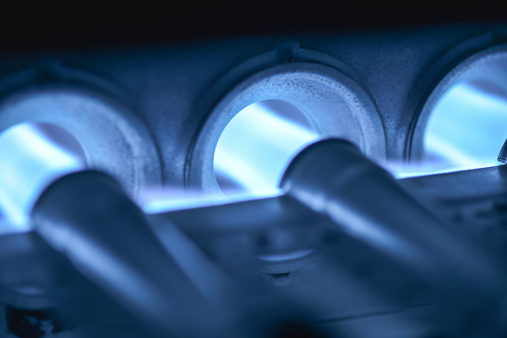If your furnace is more than a decade well or if you are experiencing a lot of problems resulting in repeated repair, it’s time to think about buying a new system. Today’s home heating systems are much more energy efficient that those from just 10 years ago. Here are some tips for choosing the system that is best for your home.
Factors Influencing Furnace Operation
External factors that can influence the size of your system include your climate zone, level of insulation and heating usage pattern. You should also consider whether you are planning to do any remodeling or room additions that could affect sizing, along with replacing insulation and windows. The more airtight your home is, the more efficiently your furnace will work.
How to Measure Efficiency
All furnaces have an Annual Fuel Utilization Efficiency Rating (AFUE). The higher the rating the more efficient the unit is. Some units have efficiency rates as high as 96%, meaning as much as 96% of fuel used goes toward heating.
Another factor you should is the efficiency of the fan blower motor. Some newer models have electronically commutated motor that are much more efficient. Consider a unit with one of these if you run your blower all year long for help clean the air. One of these motors could reduce operating costs by about $200 per year.
Current Heating Cost vs. New Furnace Cost
Take a look at your natural gas costs in summer and winter. Subtract the cost of a typical summer month from a typical winter month to determine how much you are spending each month for heating. Gas bills for November, December, January, February and March will have the highest heating costs.
New furnaces will cost between $1,000 and $3,500, with ultra high efficiency units costing another $1,000. If your family has high heating bills, spending a little extra money to buy a high efficiency unit makes sense as you wold recoup the cost within a few years.
Even with all of these considerations, make sure that your contractor properly sizes your home through a Manual J calculation. Even the most efficient units will waste energy if they are not sized properly.
Follow us for more articles about home heating and cooling systems.

